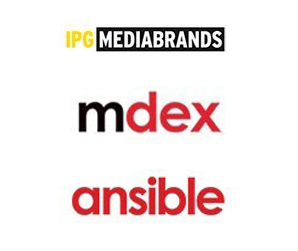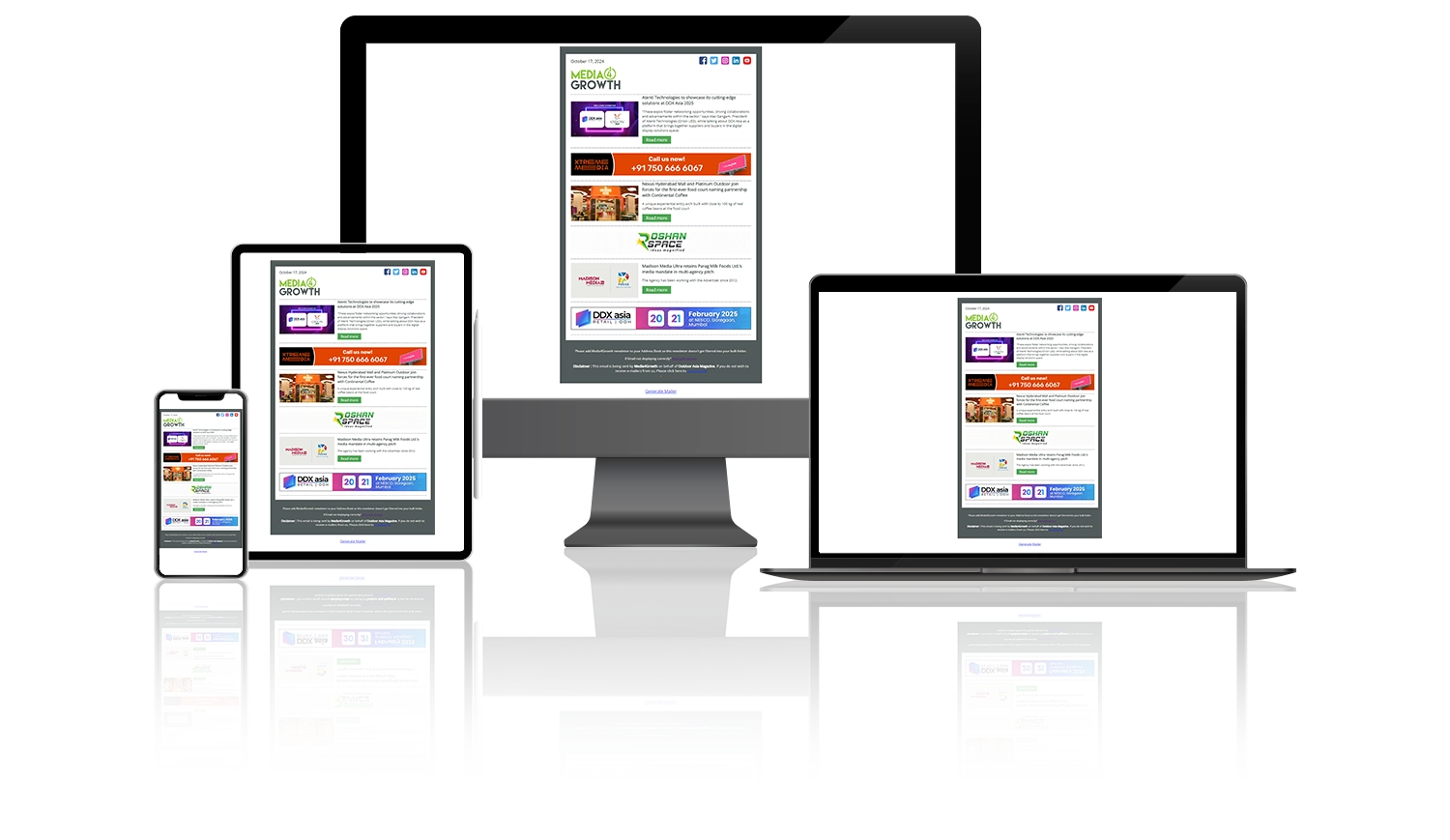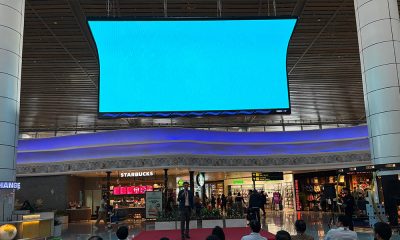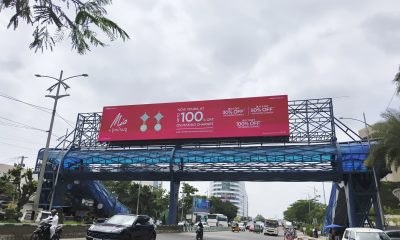Brand Insights
Ansible launches MDEX; Amazon, Tata Motors, Hyundai most mobile ready Indian brands
The MDEX determines each brand’s mobile performance against five dimensions: Discoverability, Mobile Optimization, Navigation and Content, Utility and Usability, and Driving Desired Actions
 Ansible, the mobile marketing and technology agency of IPG Mediabrands, in partnership with global market research firm YouGov, and Powered by Google, has launched the inaugural edition of MDEX, that ranks world’s most “mobile ready” brands. The MDEX determined each brand’s mobile performance against five dimensions: Discoverability, Mobile Optimization, Navigation and Content, Utility and Usability, and Driving Desired Actions.
Ansible, the mobile marketing and technology agency of IPG Mediabrands, in partnership with global market research firm YouGov, and Powered by Google, has launched the inaugural edition of MDEX, that ranks world’s most “mobile ready” brands. The MDEX determined each brand’s mobile performance against five dimensions: Discoverability, Mobile Optimization, Navigation and Content, Utility and Usability, and Driving Desired Actions.
In total, more than 2,000 brands were reviewed across 15 countries (Argentina, Australia, Austria, Brazil, Canada, Chile, Germany, India, Malaysia, Mexico, Philippines, Singapore, UK, Uruguay, and the USA) against 60 separate criteria, producing in excess of 240,000 data points.
The Top 10 Most “Mobile Ready” Brands In The World Are:
- Amazon
- 7-Eleven
- Hyundai
- Microsoft
- Nike
- Adidas
- OLX
- Target
The Top 10 Most “Mobile Ready” Brands in India Are:
- Amazon
- Tata Motors
- Hyundai
- Maruti
- Snapdeal
- Horlicks
- Lakme
- Rin
- Iodex
- Bournvita
“The MDEX is a first-of-its-kind study that provides IPG Mediabrands clients with the tools, knowledge and platform insights needed to be at the forefront of mobile,” said Travis Johnson, Global CEO at Ansible. “A dynamic and robust mobile strategy is critical for brands in today’s marketing ecosystem. The MDEX will serve as the cornerstone of our client advisory services and strategic offerings”, he added.
Anjali Hegde, CEO, Ansible India, said, “India is a mobile first nation and an entire generation has bypassed PC/Desktop to connect digitally. The new consumer is mobile first and uses it as a primary tool for information, entertainment, engagement, communication and commerce. MDEX puts into perspective and benchmarks the mobile readiness of brands to connect with this new consumer. It is an authoritative study which looks at the mobile ecosystem in a holistic way. This is a study is timely and would immensely benefit brands to remain ahead of the curve.”
In June 2016, IPG Mediabrands, in partnership with Jonah Berger, Associate Professor, The Wharton School at The University of Pennsylvania and New York Times best-selling author of Contagious: Why Things Catch On, unveiled the D100, it’s first-ever global analysis and ranking of the world’s most dynamic brands. Both rankings serve as fundamental insights to transform the agency’s offerings, and adapt to new-world brand metrics, including Agility, Responsiveness, Innovation and Sociability.
“Similar to the D100, the MDEX underpins our efforts to be the catalyst of change management and transformation for brands by harnessing the power of dynamic marketing to drive future-forward global strategies for our clients,” said Henry Tajer, Global CEO at IPG Mediabrands.
“The MDEX methodology synthesises multiple data to create a truly multidimensional view into the consumer mobile experience, and lays out a clear path for brands to innovate around their mobile web experience,” said Jake Gammon Head of Omnibus, US, YouGov.
The premise behind this global study is to examine how brands have and continue to adapt to the rapid shift in consumer engagement and behavior. According to MAGNA, the intelligence, investment and innovation unit of IPG Mediabrands, in 2016, consumers dedicated 33% of their time to mobile devices, compared with 25% to Live TV. By 2021, MAGNA projects that consumers will raise their mobile consumption to 37%, with Live TV consumption decreasing to 22%.
As the study evolves, the MDEX will continue to inform, educate and impact IPG Mediabrands, its clients, partners and specialty business units on best-practices, innovation and insights on mobile devices. In an ever-shifting and fragmented media landscape, with new ways to connect with audiences, mobile-first strategies serve as a key component for sustained growth and future performance.
-

 Creative Concepts
Creative ConceptsSwiggy Scenes rolls out ‘Un-Coop Yourself’ activation ahead of New Year’s Eve
-

 Creative Concepts
Creative ConceptsCars24 turns damaged cars into hard-hitting road safety billboards
-

 Industry News
Industry NewsOOH 2025: A year marked by consolidation, new norms & collaborative campaigns
-

 Campaigns
CampaignsNestlé launches OOH campaign for Kitkat Delights




















